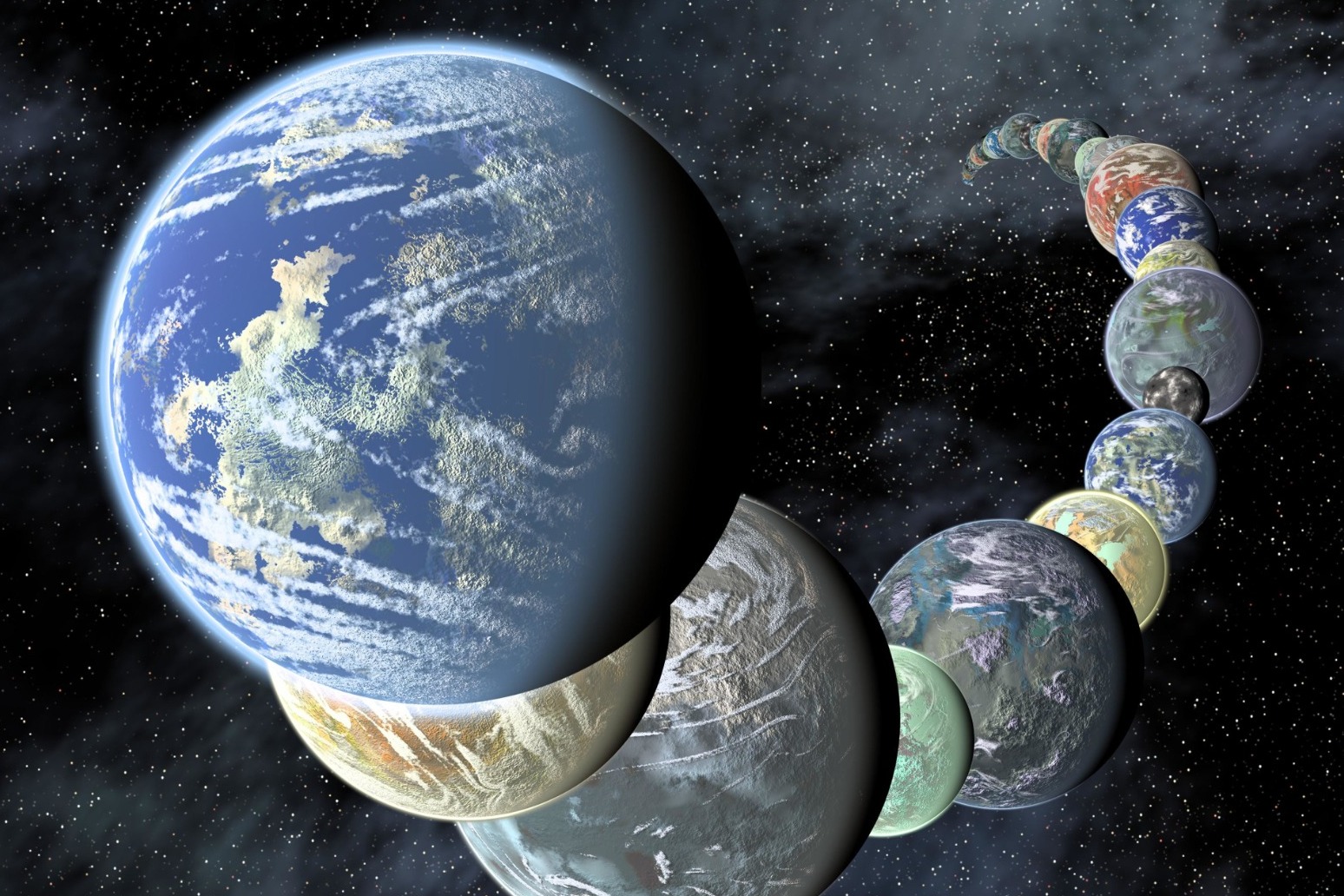This website uses cookies so that we can provide you with the best user experience possible. Cookie information is stored in your browser and performs functions such as recognising you when you return to our website and helping our team to understand which sections of the website you find most interesting and useful.
Earth remained habitable for billions of years because of good luck
02/01/2021

Planet Earth has remained habitable for billions of years simply because of good luck, according to a new study.
Scientists at the University of Southampton have carried out a mass simulation of climate evolution of 100,000 randomly generated planets.
Each planet was simulated 100 times with random climate-altering events occurring each time in order to see if habitable life could be sustained for three billion years like on Earth.
Of these planets, 9% (8,700) were successful at least once but, of those, nearly all (about 8,000) were successful fewer than 50 times out of 100 and most (about 4,500) were successful fewer than 10 times out of 100.
Professor Toby Tyrrell, a specialist in Earth system science, said the results of the study, published in the Nature journal Communications Earth and Environment, suggested chance is a major factor in determining whether planets, such as Earth, can continue to nurture life over billions of years.
He said: “A continuously stable and habitable climate on Earth is quite puzzling.
“Our neighbours, Mars and Venus, do not have habitable temperatures, even though Mars once did.
“Earth not only has a habitable temperature today, but has kept this at all times across three to four billion years – an extraordinary span of geological time.”
He continued: “We can now understand that Earth stayed suitable for life for so long due, at least in part, to luck.
“For instance, if a slightly larger asteroid had hit Earth, or had done so at a different time, then Earth may have lost its habitability altogether.
“To put it another way, if an intelligent observer had been present on the early Earth as life first evolved, and was able to calculate the chances of the planet staying habitable for the next several billion years, the calculation may well have revealed very poor odds.”
He said that these poor odds mean that the chances of finding inhabitable “twin Earths” elsewhere in the universe are also very slim.
Published: by Radio NewsHub



